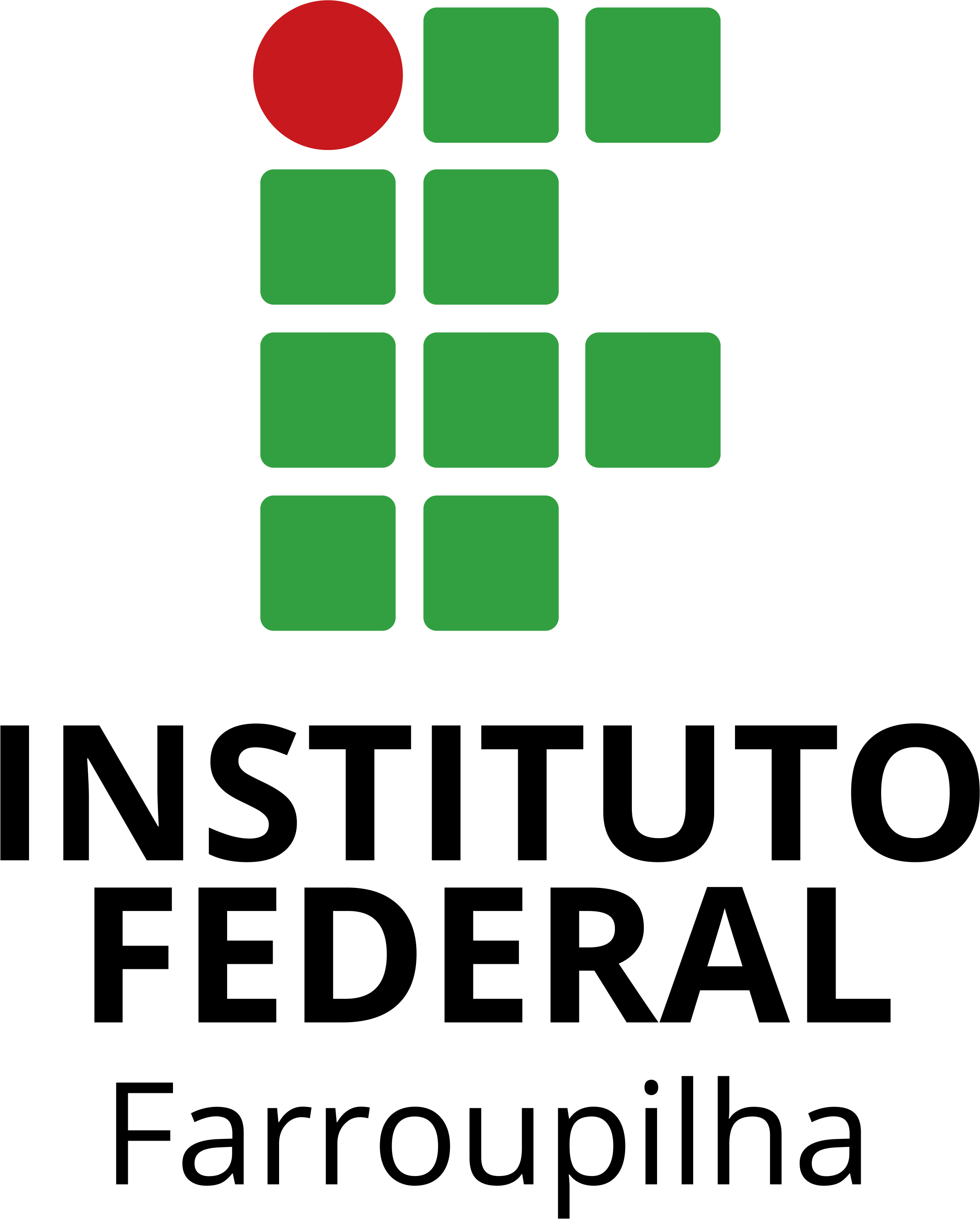Cursos de Pós-Graduação
URI Permanente desta comunidade
Navegar
Navegando Cursos de Pós-Graduação por Assunto "Agricultura Apoiada pela Comunidade"
Agora exibindo 1 - 1 de 1
Resultados por página
Opções de Ordenação
- ItemDo preço para o apreço: novas relações entre atores em processos de agricultura apoiada pela comunidade(Universidade de Trás-os-Montes e Alto Douro, 2022) Soares, Rosângela Oliveira; Tibério, Manuel LuísCommunity Supported Agriculture (CSA), or Association for the Maintenance of Proximity Agriculture (AMAP), represents new arrangements in the relationship between the farmer and society that go beyond the logic of the market, reinforcing the expectations of the consumers and farmers who seek the most humane and holistic way of dealing with food production and consumption. To understand this phenomenon, the Theory of Conventions and the concept of Alternative Food Networks were searched for the theoretical bases and contexts to be able, through interpretive research, to understand the reasons why consumers decide to support a family farmer and, with this, make the transition from the culture of price to the culture of appreciation. This thesis aims to analyze the forms of coordination or convention observed in the relationships between the actors involved in Communities that Support Agriculture (CSA) of Rio Grande do Sul, Brazil, and in the Association for the Maintenance of Proximity Agriculture (AMAP/CSA) from Portugal. As specific objectives, the following were established: i) To deepen theoretical aspects on the Theory of Conventions; ii) To identify the scenarios of CSA in the Rio Grande do Sul, Brazil, and AMAP/CSA in Portugal; iii) To describe the initiatives, analyzing the roles played by the social actors involved, as well as the actions that justify their positions; iv) To analyze the dynamics and elements that reveal the form of coordination or convention (domestic, commercial, industrial, civic, opinion, inspiration) of the initiatives. The Theory of Conventions contributed to the understanding of the types of relationships that exist between consumers and farmers. To this end, exploratory qualitative empirical research, interviews, questionnaires, and analysis of social networks of the CSA of Rio Grande do Sul and AMAP/CSA of Portugal were carried out. The survey results reveal that the motivation to be part of a CSA or AMAP is not economic and is based on the consumption of organic foods, improvements in health, participation in cultural practices, diversification of production, and local consumption. The profile of CSA actors in the Rio Grande do Sul and AMAP/CSA in Portugal is based on the relationships between farmers and co-farmers involved, which are characterized by different forms of convention, with emphasis on a) domestic conventions, civic and opinion in the AMAP; and b) domestic, opinion and inspiration in the CSA. For society, this new food production and distribution arrangement are positive in several aspects, mainly due to the increase in environmental awareness, appreciation of the activity of peasant family farming, conscious consumption, and food sovereignty. An important contribution of this research is the understanding of how the activities of an alternative food system promote the development of networks and strengthen the relationships between those involved.

